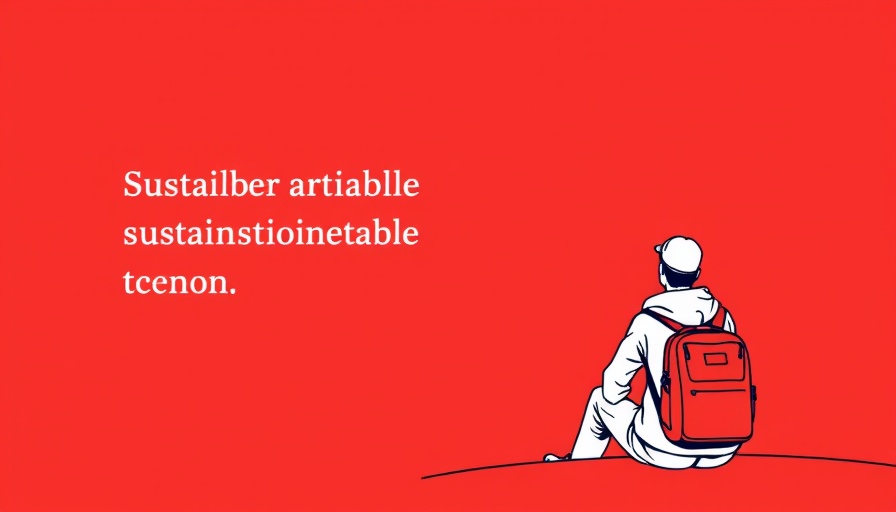
Unlocking Leadership Lessons in Five Minutes
For today’s business leaders, efficient learning is crucial. As executives face rapid changes in industry demands, gaining knowledge quickly ensures strategic decision-making aligns with organizational goals. Stanford Graduate School of Business (GSB) has introduced 'Class Takeaways': a powerful initiative that encapsulates insightful lessons from industry luminaries into easily digestible five-minute sessions. Each lesson is crafted to equip CEOs, company founders, and senior leaders with actionable strategies, allowing them to enhance their executive leadership skills.
Powerful Lessons from the Experts
Imagine distilling the essence of negotiation into a mere six minutes. Professor Michele Gelfand showcases how understanding cultural differences can lead to win-win deals in her engaging session on the art of negotiation. Similarly, Professor Jim Lattin emphasizes the shift towards curiosity-based selling, highlighting how a business strategy rooted in genuine customer interest can revolutionize sales techniques.
Insight into Trust and Governance
As the global marketplace continues to evolve, maintaining trust is paramount for any organization. Recognizing this need, Professor Chris Dyer addresses how effective corporate governance establishes a transparent culture that upholds organizational integrity. This lesson not only emphasizes maintaining board-level planning but also instills a sense of leadership agility necessary for navigating through crises.
Future-Focused Learning Opportunities
In an era marked by technological disruption, Professor Darrell Duffie explores ‘The Future of Money and Payments’, delving into how emerging technologies are shaping financial transactions. This class is a testament to the value of visionary leadership in anticipating market trends and adjusting competitive strategies accordingly.
Conclusion: Embracing Continuous Learning
In today’s fast-paced business world, continuous learning is not just beneficial; it’s essential for leaders striving to stay ahead. Stanford GSB’s 'Class Takeaways' empowers leaders with condensed yet profound insights that inspire action. Don't miss out on these transformative lessons—explore what GSB has to offer and elevate your leadership journey!
 Add Row
Add Row  Add
Add 




Write A Comment